In its latest ad, the personal care brand Dove renews its vow to championing real beauty with a commitment to never use AI in its ads. The ad is an addition to Dove’s two-decade long “Real Beauty” campaign.
Dove’s “Real Beauty” campaign encourages an inclusive vision of beauty. It builds confidence in young people and supports parents. It discourages toxic masculinity and builds a sustainable future.
As technology progresses, it becomes more important to discuss AI use in relation to beauty standards. According to Dove, 90% of content is predicted to be AI-generated by 2025.
1 in 3 women feel pressured to alter their appearance because of what they see online, even when they know the images are fake of AI-generated. Additionally, almost 9 in 10 women and girls say they have been exposed to harmful beauty content online.
The Impact of Harmful Beauty Content
Such harmful content featuring “perfect” images has detrimental effects, especially for younger people. 1 in 2 young girls say toxic beauty advice on social media causes them to have low self-esteem.
According to the Dove Self-Esteem Project report, “Toxic beauty advice normalizes unrealistic beauty standards, promotes potentially harmful beauty practices and suggests the key to self-worth and success is physical ‘perfection.’”
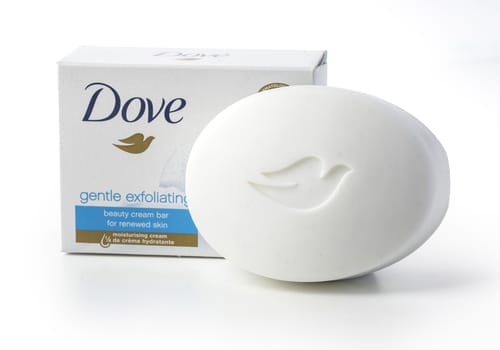
Furthermore, body dissatisfaction in young people is linked to risk-taking behavior and mental health problems, according to the Mental Health Foundation. For example, poor body image prevents young people from participating in physical activity.
It is linked to depression symptoms, anxiety and eating disorders, and self-harm behavior. Those with lower body appreciation are also more likely to use alcohol and cigarettes.
Those statistics, in combination with the rising amount of AI-generated content, make AI one of the greatest threats to “real beauty” in the last 20 years, according to Dove.
Tackling the Issue: Dove’s Strategy
In order to tackle the issue, Dove suggests that we “shape the AI definition of beauty of the future, together.” To do so, Dove released a Real Beauty Prompt Playbook alongside its new ad. The Playbook contains a glossary and easy-to-use tips on how to create images that are representative of real beauty on several of the most popular generative AI programs.
Speaking on the new ad, Dove’s chief marketing officer Alessandro Manfredi adds, “At Dove, we seek a future in which women get to decide and declare what real beauty looks like – not algorithms. As we navigate the opportunities and challenges that come with new and emerging technology, we remain committed to protect, celebrate, and champion Real Beauty. Pledging to never use AI in our communications is just one step. We will not stop until beauty is a source of happiness, not anxiety, for every woman and girl.”
Further Conversation on Toxic Beauty & Consumerism
Modern society continues to revolve more and more around consumerism. Some may say that, because of that, advertising approaches and attitudes such as those being taken by Dove have become increasingly important.
Advertisers often use deceitful tactics to entice consumers into buying products. The most prominent tactic is convincing people that satisfaction can be achieved through consumption.
Through its “Real Beauty” campaign, Dove spreads the message that unrealistic beauty standards and toxic beauty advice should not be normalized by advertisers. Equally important, Dove emphasizes that self-worth and happiness should not rely on physical “perfection” or tangible products.
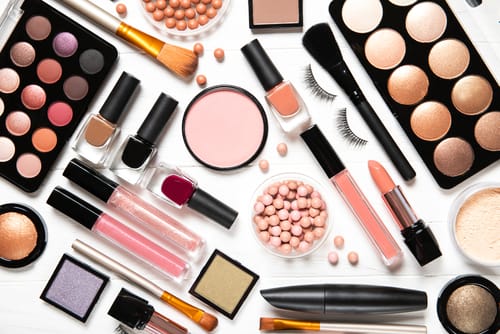
Spreading those messages is even more important to Dove’s commitment to build confidence in young people. Younger people are more likely to be influenced by advertising than their older counterparts. They are also more likely to be exposed to ads (spending more time on social media), specifically young girls.
Critical to that fact, Dove’s “Real Beauty” campaign also rejects the use of commodity feminism in its advertisements. Commodity feminism is the idea that mass media and advertisers appropriate and exploit feminism for commercial purposes to sell products and services.
Dove renounces commodity feminism by adhering to three specific vows, which promote real beauty through self-care rather than consumption:
- Dove always features “real women,” never models.
- Dove portrays women as they are in real life.
- Dove helps girls build body confidence and self-esteem.
Conclusion
People continue to flock to social media to show support for Dove’s latest ad. In agreement with the brand’s message, most people believe that “Real Beauty should be real.”
Dove’s latest ad is set apart by the important and powerful message it conveys. It also stands out because of its proactive approach to the issues at hand. Rather than completely rejecting AI, Dove is encouraging people to create and promote diversity and reality in digital representations of beauty.
Through the “Real Beauty” campaign, especially its latest ad, Dove has opened important conversations regarding beauty standards in the face of advancing technologies.


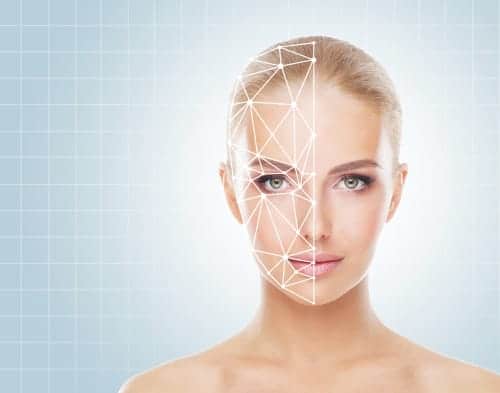
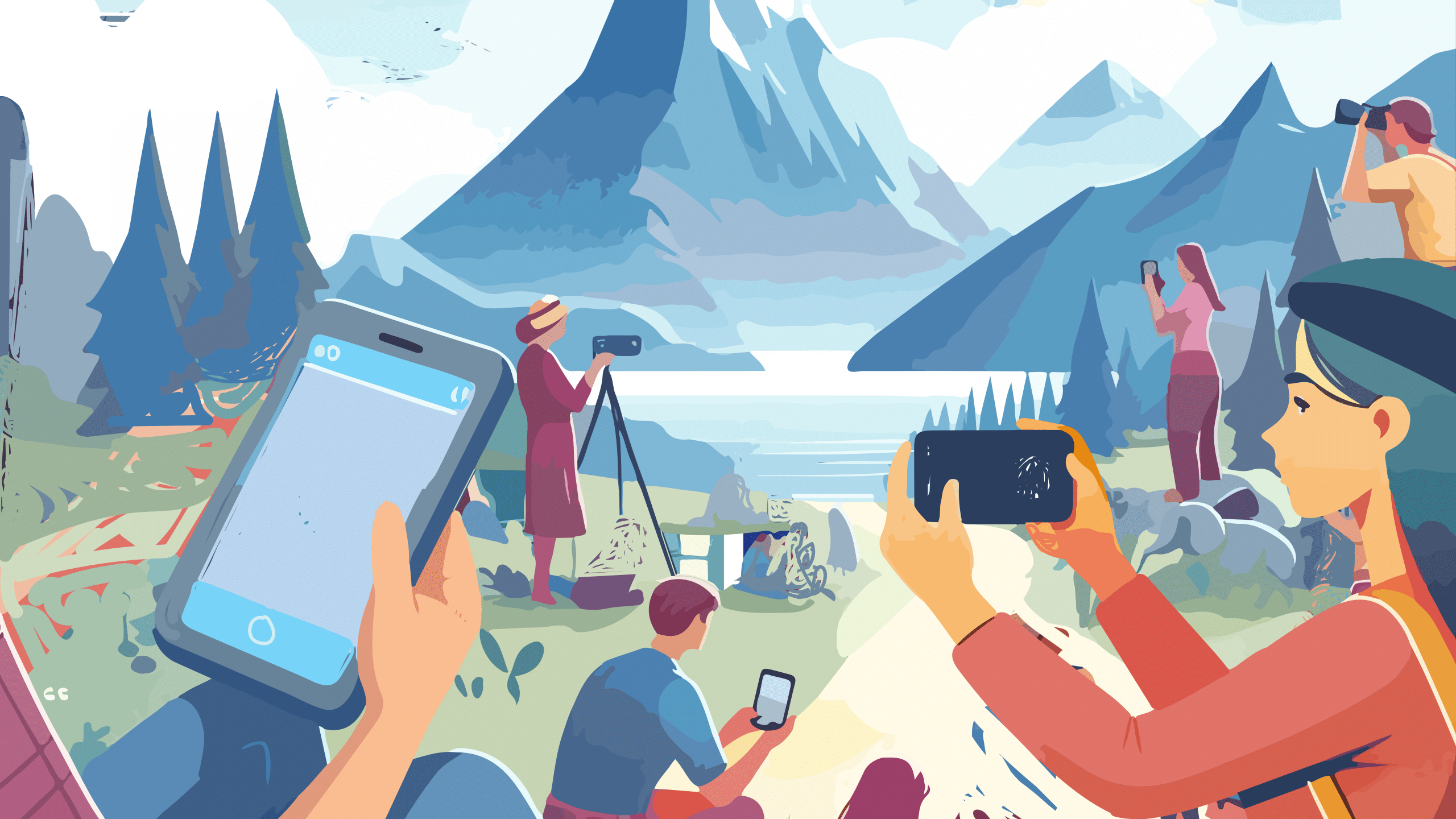



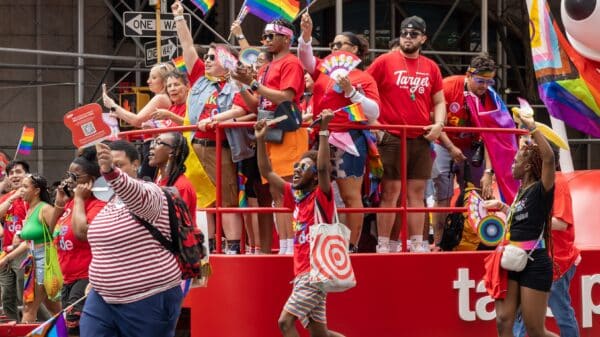

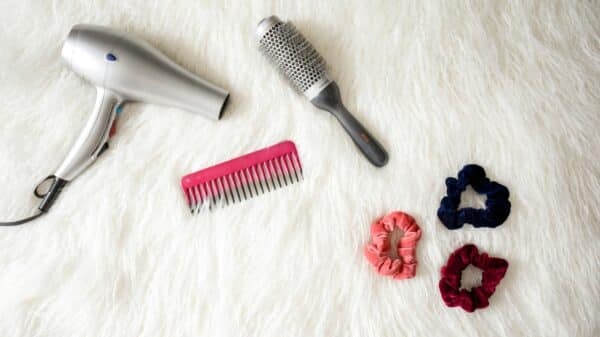
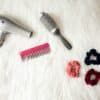
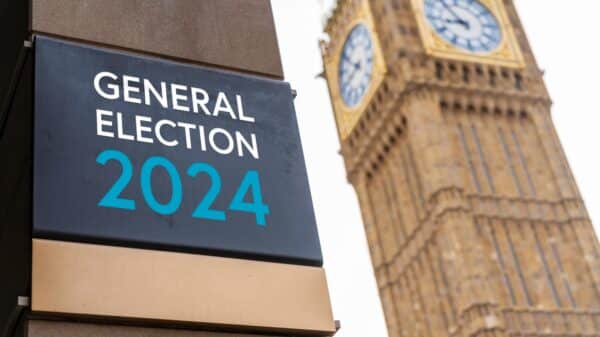


Marcia M Etzwiler
May 20, 2024 at 4:59 pm
Great job informing girls on the threat of AI. We need more true advertising for women, young and old. It still remains true that women have to maintain a higher standard of their “looks” compared to men.